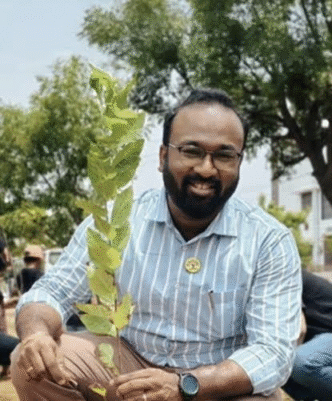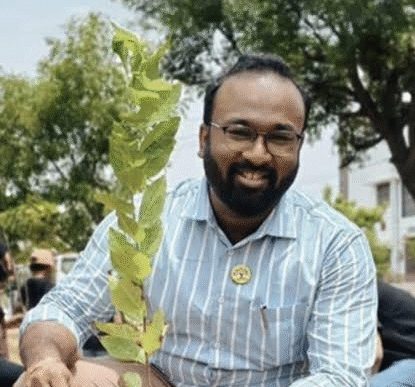Bollywood star Salman Khan found himself at the centre of a cross-border controversy after remarks at the Joy Forum 2025 in Riyadh sparked allegations from Pakistan of being placed on a terror-watchlist. But while the headlines are dramatic, a closer look reveals a more nuanced truth.
What triggered the controversy?
At the Joy Forum 2025, Salman was part of a panel discussing the rise of Indian cinema in the Middle East, alongside peers such as Shah Rukh Khan and Aamir Khan. He said:
“Right now, if you make a Hindi film … release it here (in Saudi Arabia), it will be a super-hit. If you make a Tamil, Telugu, or Malayali film … because so many people from other countries have come here. There are people from Balochistan, there are people from Afghanistan, there are people from Pakistan … everyone is working here.”
The phrase “people from Balochistan, … people from Pakistan” raised eyebrows because it appeared to distinguish the province of Balochistan separately from the country of Pakistan — a sensitive issue given the region’s history of separatist movements.
So did Pakistan officially declare him a terrorist?
Short answer: No credible evidence supports the claim that Pakistan officially declared him a terrorist.
- Multiple media outlets note that the viral “notification” purporting to show Salman’s name added under Pakistan’s Fourth Schedule of the Anti‑Terrorism Act 1997 has not been verified by any credible Pakistani government source.
- The Ministry of Information of Pakistan reportedly issued a clarification saying the claims were “completely false”.
- Fact-checkers highlight that the notification appears to be digitally manipulated or fabricated.
However, some Indian-media articles continue to report that Salman has been placed under the Fourth Schedule for being an “Azad Balochistan Facilitator”. So although the claim persists in parts of the press and online, it lacks concrete official backing.
Why the disproportionate reaction?
The reaction — both online and in media — hinges largely on three factors:
- Balochistan’s sensitivity: Balochistan is a Pakistani province long associated with insurgency, separatist demands and internal unrest. Any public mention of the region separate from Pakistan tends to provoke strong responses.
- Celebrity influence: A comment by a high-profile actor at an international forum amplifies attention and gives fuel for political interpretation.
- Online virality & misinformation: As fact-checkers warn, the document circulated may be a fake, but its virality and the pre-existing sensitivities around the issue made it believable to some.
What are the implications for Salman Khan?
- Because there’s no confirmed official action, Salman currently faces no publicly known sanctions by Pakistan.
- Publicly, he has not given any detailed statement responding to the controversy (as of the available reporting).
- The incident underlines the risks for public figures: off-hand remarks in international contexts can trigger unexpected geopolitical reactions.
- It also showcases how digital misinformation can shape narratives rapidly — even without official confirmation.
Final takeaway
While headlines such as “Salman Khan declared terrorist by Pakistan” are circulating, at this point they remain unverified. The actor’s remark about “people from Balochistan” separate from “people from Pakistan” did spark outrage, but no credible Pakistani government notice has been publicly produced to confirm his inclusion under the Fourth Schedule of the Anti‐Terrorism Act, 1997. In short: the claim remains a rumour spread via social media, rather than a proven legal fact.
Originally written by: Yatamanyu Narain
















